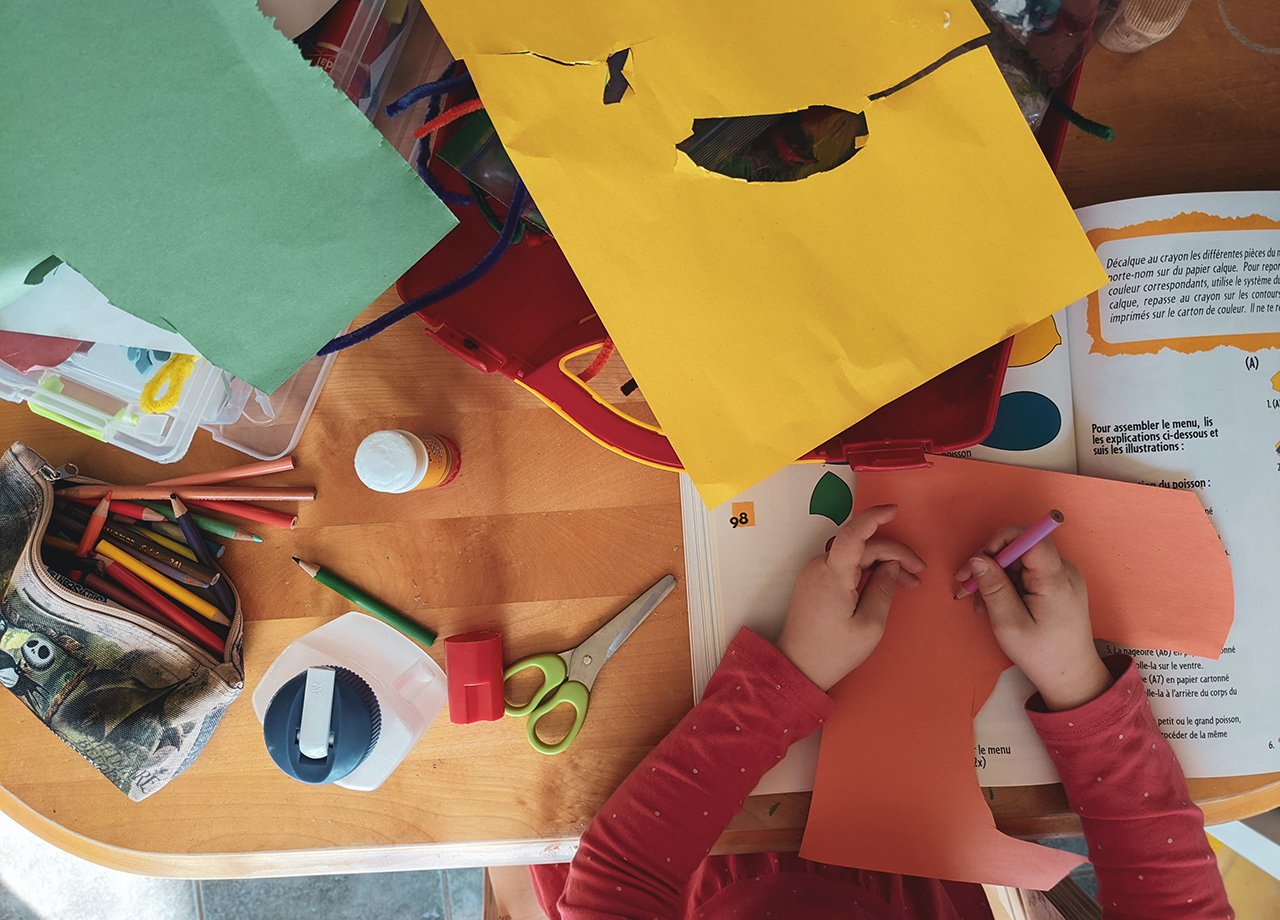
As adults, we often take our many senses for granted. Yet, the rich world of scent, taste, sound, and touch are core to how people of all ages learn and interpret things. When children explore their senses, they develop essential skills that help them grow their language faculties, build trust and social understanding, solve problems, and refine their motor skills.
How Multisensory Learning Benefits Children
In early childhood education, sensory learning is often approached through play. In sensory play activities, any of a child’s five senses are stimulated – hearing, sight, smell, touch, and taste. In addition, body movements and proprioception help a child understand how their body moves and where their body is in space.
Whether or not we’re consciously aware of them, our senses never stop working. Our ears translate sound into signals that the brain can understand. Our eyes convert light into images that the brain processes and stores. Our nose tells our brain to interpret smells and is a powerful way of building and unlocking memories. Our mouth carries taste signals to our brains. Our skin receives cues about temperature and texture that help us navigate our environment. While all of these faculties are constantly at work in all people, children’s senses are particularly astute and engaged. This is why sensory play is so valuable for young children.
A child’s cognitive development and memory are honed and strengthened through sensory experiences. By engaging all of their senses, a child becomes stronger at understanding and reasoning with the world. The senses also support children as they observe things and indulge their curiosity. The more inquisitive children are with their ears, eyes, hands, and yes, even their mouths, the more adept they become at solving problems and making choices. Plus, sensory learning supports a child’s sense of agency, creativity, and imagination. Another benefit of sensory play: it teaches children to collaborate. Children need to work together when developing a shared make-believe scenario, whether they’re using blocks, mud, art supplies, or toys. It is common to see kids willingly adopt roles and cooperate to sustain and improve the game together. In group play, children can try different social roles and explore (or challenge) cultural norms. To be good collaborators, children need to practice self-control and build relationship skills. They need to feel liked, valued, listened to, and appreciated. Reciprocity is vital for kids to have fun in group play. Do these sound like familiar adult social skills? That’s right! The complexity embedded into children’s playtime starts in the senses and ultimately helps build their personalities and longer-term ability to interact.
On a physical level, multisensory learning promotes stimulation as well as release. Toddlers seem to have boundless energy during the day, and if they are invested in an activity, they’re more likely to build acute physical skills, refine their balance, grow strong, and work their gross motor skills. At Maryvale, we are particularly fond of mud play. We encourage children to get down and dirty with the surface below their feet. Mud is squishy, pliable, and sticks to the skin, making it fun for kids to splash around, throw mud, hop in it, finger paint with it, and more. Imagination can run wild with mud – it may be a mess, but as a toy, it is a pure and neutral conduit for meaning. Playing in the mud requires kids to be outdoors, where they can also benefit from fresh air, sunshine, and physical exercise. Outdoor time helps children practice coordination and endurance.
Maryvale’s Early Childhood Education Program Ignites All of the Senses
Our Early Childhood Education program offers a blended curriculum with guided instruction in small groups. Our educators encourage children to interact with objects, experience collaborative play, and ask questions. In this way, they build their own knowledge and ability to interact so that they develop language skills, physical aptitude, and cognitive growth at the same time. We believe in encouraging children to explore their interests while promoting a breadth of knowledge and skills that tap into all of the senses. When learning language skills, children both read and listen to stories. They engage with images and immerse themselves in games to help them develop concepts and narratives. When learning basic mathematics, children practice counting and measurement with objects and activities. Our curriculum approaches science through tactile interactions and observation. Whenever possible, we bring physical activity into the classroom, giving children lots of structured exercises and physical education. Activities promote running, jumping, throwing, balancing, and fine skills such as cutting, drawing, and writing.
If you’re interested in learning more about how our Early Education program nurtures all of a child’s senses, please get in touch with us.






